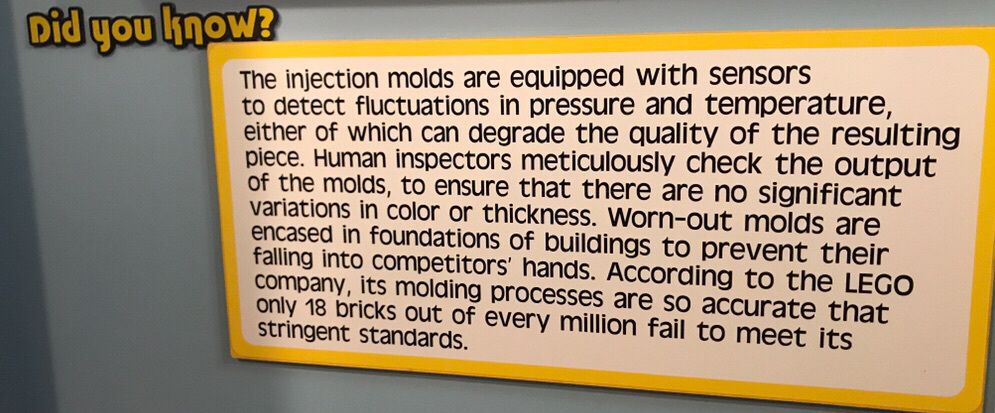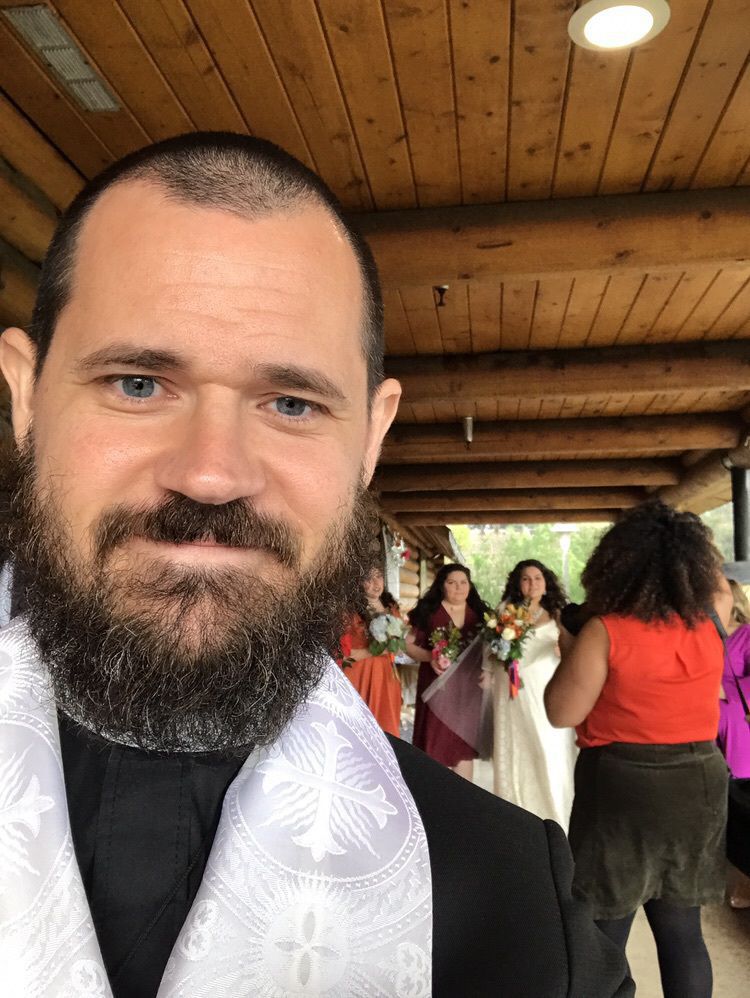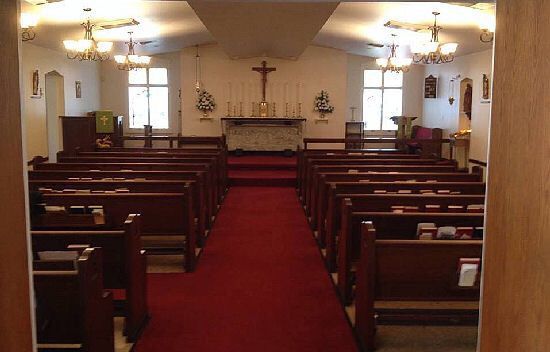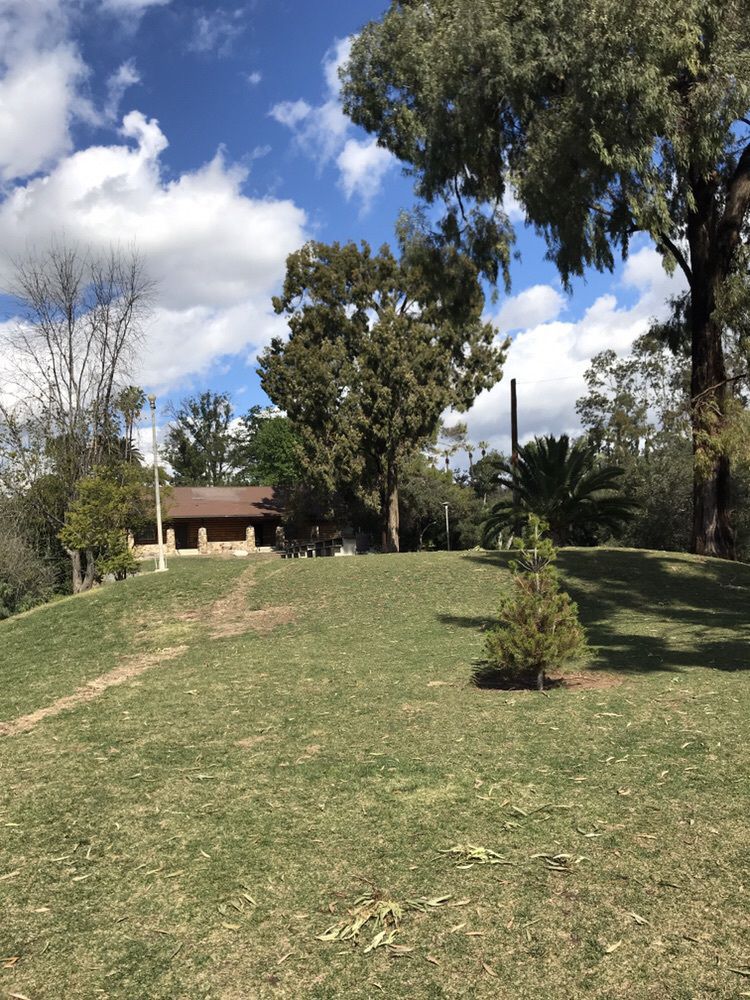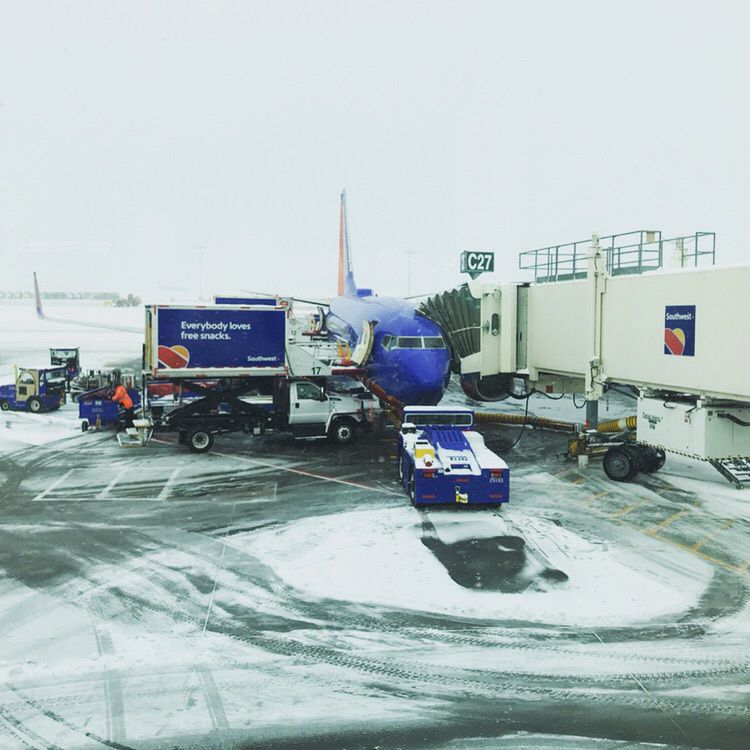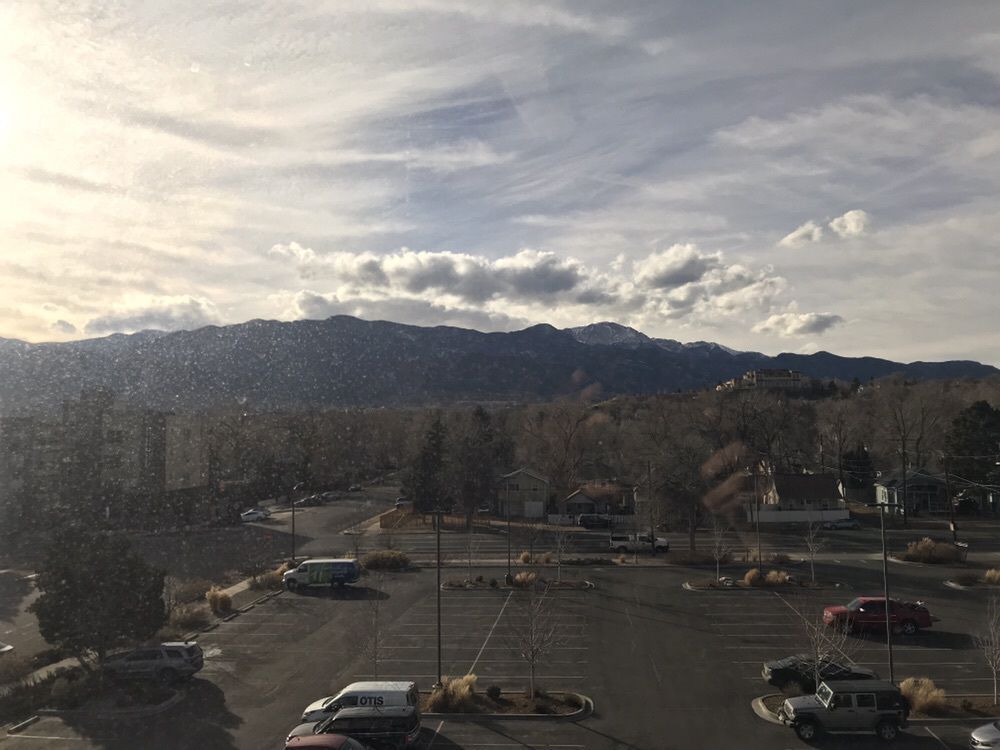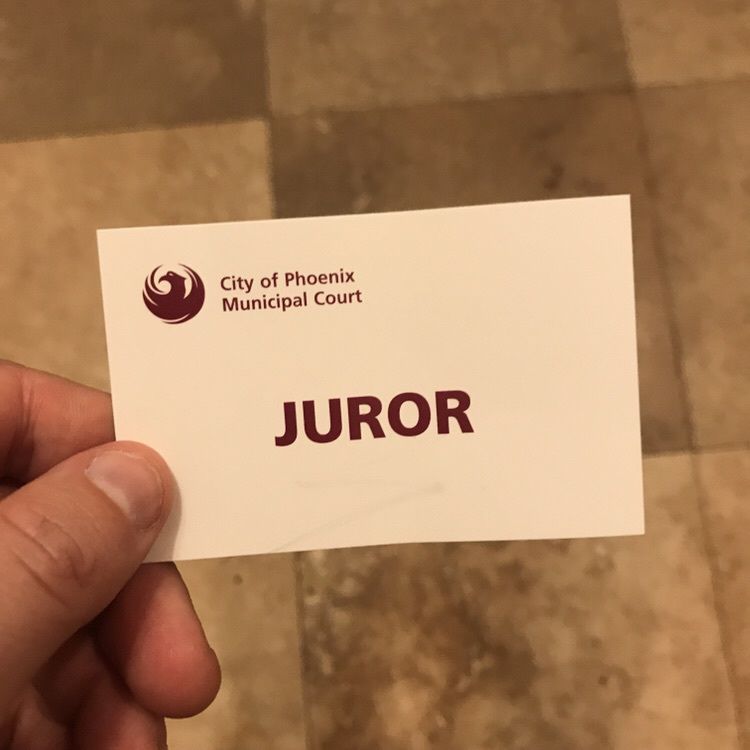I learned about the calendar, the Eucharist, the morning and evening office, the saints, the fasts, and the feasts. I was introduced to a Christian life that seemed whole and full.
I’ve had glimpses of this.
The new Book of Common Prayer from the Anglican Church in North America will be here before we know it, and I’m excited. Looks like they were really thoughtful not only with the liturgical/theological content, but the print design as well.
This is not only encouraging, but needed.
Gwynnie (3) upon seeing my beardless face: “I don’t like your style.”
Lovely traditional worship from the 1928 Book of Common Prayer this morning at St. Mary Magdalene Anglican Catholic Church services this morning. A wonderfully reverent and friendly congregation.
Officiating my first wedding on Sunday, for my brother-in-law and his fiancé. I’m stoked.
🎙 The Hurry Slowly podcast discusses the insidious spread of burnout.
Excellent time at the 2019 Diocese of the Rocky Mountains Gathering connecting with fellow Anglicans on mission! Glad to be on the plane headed home to my wife and kids though.
Errant pack from Boundary Supply first impressions
I was Kickstarter backer #2606 on the Boundry Supply Errant backpack, billed as the “ultimate everyday backpack.” The promise was a environmentally responsible, well-designed pack made with the best materials available at an affordable price.
Here are my first impressions of the pack, received today:
-
Presentation was good, I like the eco-conscious packaging.
-
Kodra fabric is fantastic looking/feeling in Hymassa Tan. Better than expected.
-
Materials all around seem super solid, metal and zippers are high quality. That said I’m not sure about durability of Hypalon over time, especially at the attachment point on the bottom of the pack which will be stressed often.
-
Is the fabric on the lid a bit misaligned or does it just kind of seem that way due to how it was folded?
-
There seems to be some evidence of rushed production: the bag that the pack was in had a quality control sticker seal on it that was already broken (did they replace the pack in the bag? Take it out after sealing for one more check?) and there are some loose threads in places.
-
Organization is great. It’ll be easy for everything to have a place. Likely won’t be able to use to use every organizational feature simultaneously (depending on what you pack) as they tend to take space from other compartments.
-
Included waist belt is fairly useless unless you’re planning intense physical activity and must guarantee absolutely no movement on your back. Think running/climbing/cycling.
-
Covert passport/wallet pocket seems useful.
-
Magnets. How do they work??? I like them on the flap and don’t find them annoying. It’s helpful to think of “snapping” them in place, not sliding. I like them in the top compartment too, but find the main latch it a bit tricky to open.
Not sure how necessary or useful they are for the sternum strap.
-
Love the side access pocket.
-
Love the clamshell + top-loading design. Already useful.
Thoughts on the two accessories purchased (HT Keyclip and AUX compartment) forthcoming.
EDIT: THREE accessories; forgot about the lash straps as well
![mp-photo-alt[]=](https://cdn.uploads.micro.blog/8010/2019/f37c70185c.jpg)
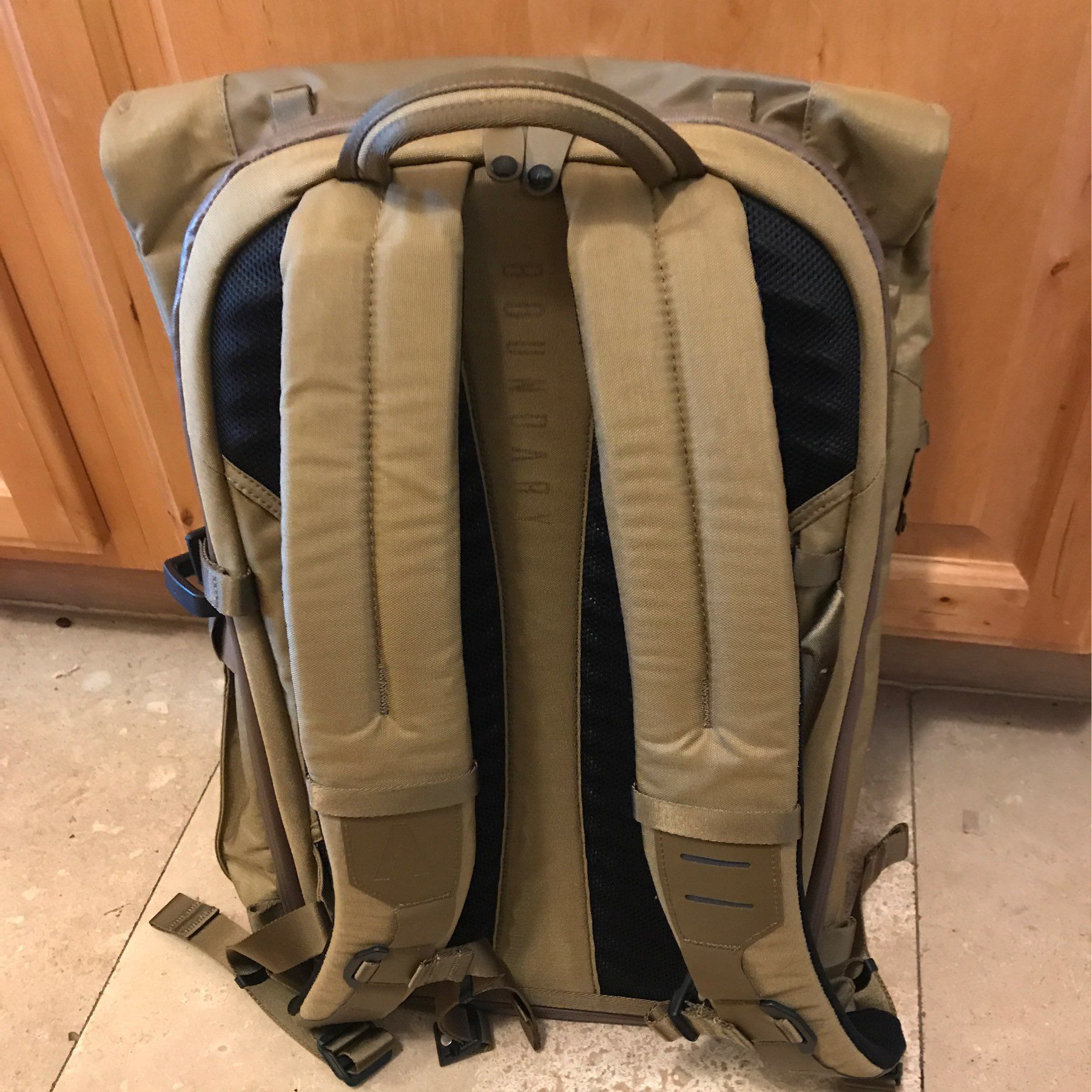
 NRH
NRH


